
About Featured Book: Mountain Mens’ Curvy Obsession by Kai Lesy
She doesn’t remember us…
But her body does.
It started with a blizzard.
One wrong turn. One crash into the icy dark.
Then—I wake up in a secluded mountain lodge…
Surrounded by three men I don’t recognize.
Rough. Commanding. Sinfully intense.
They say I’m safe here.
That the storm isn’t the only thing I need protection from.
But I don’t know who they are.
Or why they look at me like they’ve known me forever.
I can’t remember the wreck.
Can’t remember my name.
Can’t remember them.
So why does my pulse race when they’re near?
Why do their voices stir something deep in my bones?
They say the truth will hurt.
That I’m better off not knowing.
But secrets like this never stay buried…
Especially in the snow.
This Erotica book is available in these Formats: eBook, Print
This book is in Kindle Unlimited and is a new release!









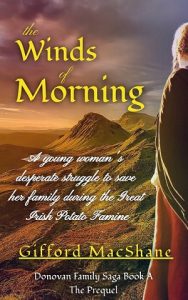

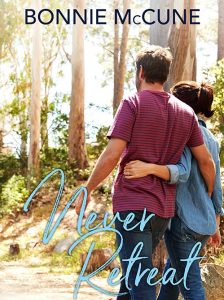

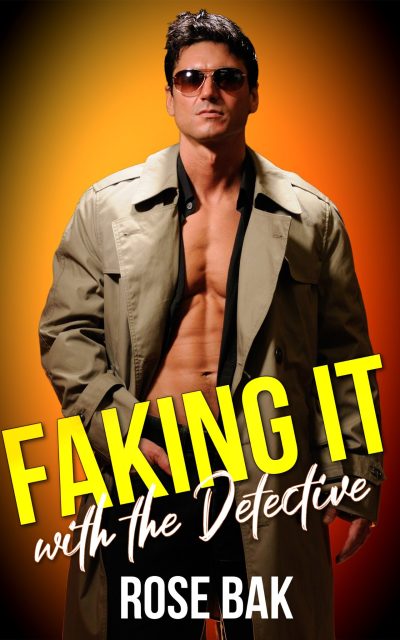
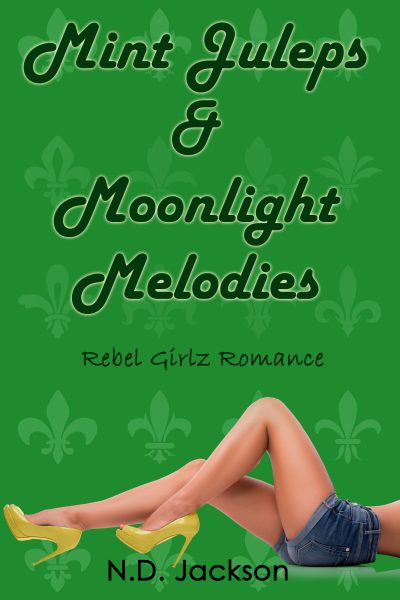


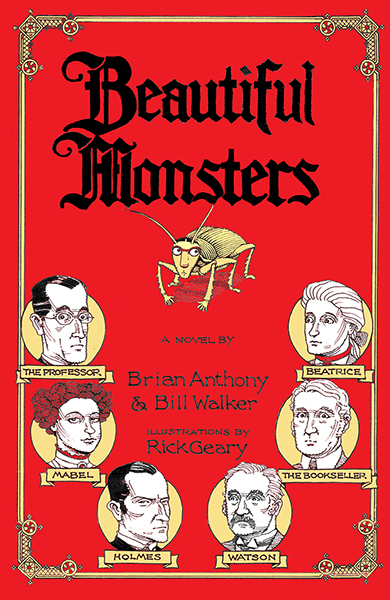



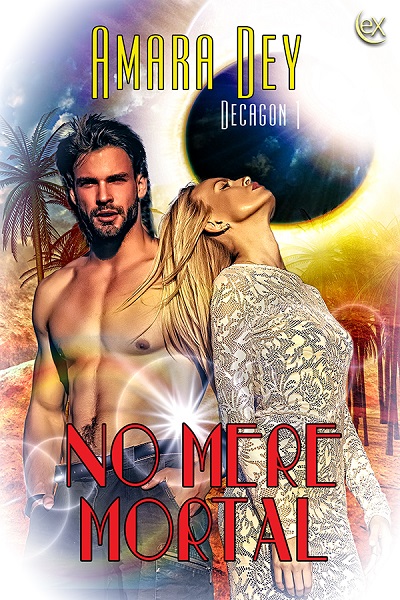
Leave a Reply